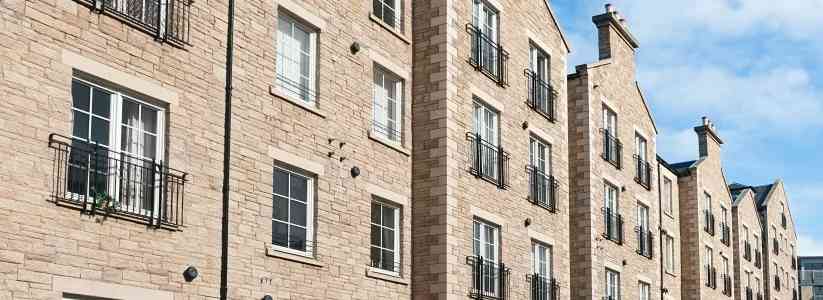
Despite the many benefits of installing individual smart metering systems in homes connected to heat networks, around 250,000 UK properties are currently unmetered.
With unmetered properties there is no incentive to save energy. Residents pay a fixed flat-rate charge – based on a share of the heat network fuel costs and regardless of their individual consumption. They have no visibility of their actual energy usage or costs.
Benefits of smart heat metering
Contrast this with real-time smart metering installed in homes, where residents receive accurate individual bills according to their energy consumption. Bill payers can see how much heat they're consuming in real-time and what it's costing them.
Our experience shows that installing smart heat meters inside residences reduces energy spend by 35 to 50%, compared to flat rate unmetered heat network schemes. Most residents change their behaviour by turning the heat off when they're out or don't need it and turning the temperature down, rather than opening windows to cool off.
Residents also benefit from transparency in billing and better customer service. In addition, smart metering helps inform heat network efficiency and optimises performance, which can deliver major operational improvements - leading to further cost and carbon savings.
Higher gas prices are further increasing the payback of installing individual smart metering systems. Our modelling shows that with a 100% or 150% increase in gas prices, installing final customer meters will deliver big cost savings and ensure the financial viability of metering unmetered properties.
Regulation driving conversion of unmetered heat networks
The government is driving the conversion of unmetered heat network schemes via the Heat Network (Metering and Billing) Regulations, which stemmed from the Energy Efficiency Directive.
As part of this legislation, it is already mandatory for heat network suppliers to fit individual final customer meters in all new build projects and those undergoing major refurbishment.
This ruling has applied since the regulations were first introduced in 2014, but the requirement to install heat meters within existing properties was delayed. This was due to issues with a feasibility assessment tool to assess the economic and technical viability of retrofitting metering. The updated tool is now available to determine whether these unmetered heat schemes must now install individual metering.
See how our Meter2Bill service can simplify your compliance needs
How can unmetered heat network schemes comply with regulations?
There are 3 urgent steps that heat suppliers must take to make sure their existing unmetered networks are compliant:
- Categorise all existing buildings served by heat networks. New building classes have been introduced (viable, open and exempt), with a requirement that the cost-effectiveness assessment must be completed by 27 November 2021 for all buildings that fall into the ‘open’ class. Individual meters must always be installed in viable class buildings, but a small number of property types will be classed as exempt.
- Complete the feasibility tool assessment on all 'open' class buildings by 27 November 2021. There are two versions of the cost-effectiveness tool. The reduced input tool is applicable where plant room fuel consumption is known and requires quotes for the installation of meters, while the full input tool applies where energy consumption is estimated
3. Install individual final heat meters or heat cost allocators into viable unmetered properties by 1 September 2022. This is likely to involve the installation of smart heat metering systems. Heat suppliers are advised to begin this installation process as soon as possible to ensure they meet the deadline and allow time to engage residents in the transition.
Smart heat metering makes sense, irrespective of regulations
Re-assessment of final metering requirements is required every four years, but it's not just a case of ticking regulatory boxes. Heat scheme operators are at risk of missing out on significant cost and carbon savings and failing to protect vulnerable residents from fuel poverty if they fail to install smart heat metering on unmetered schemes.
For information about how Switch2 can help with your unmetered heat network schemes visit https://content.switch2.co.uk/meter2bill


